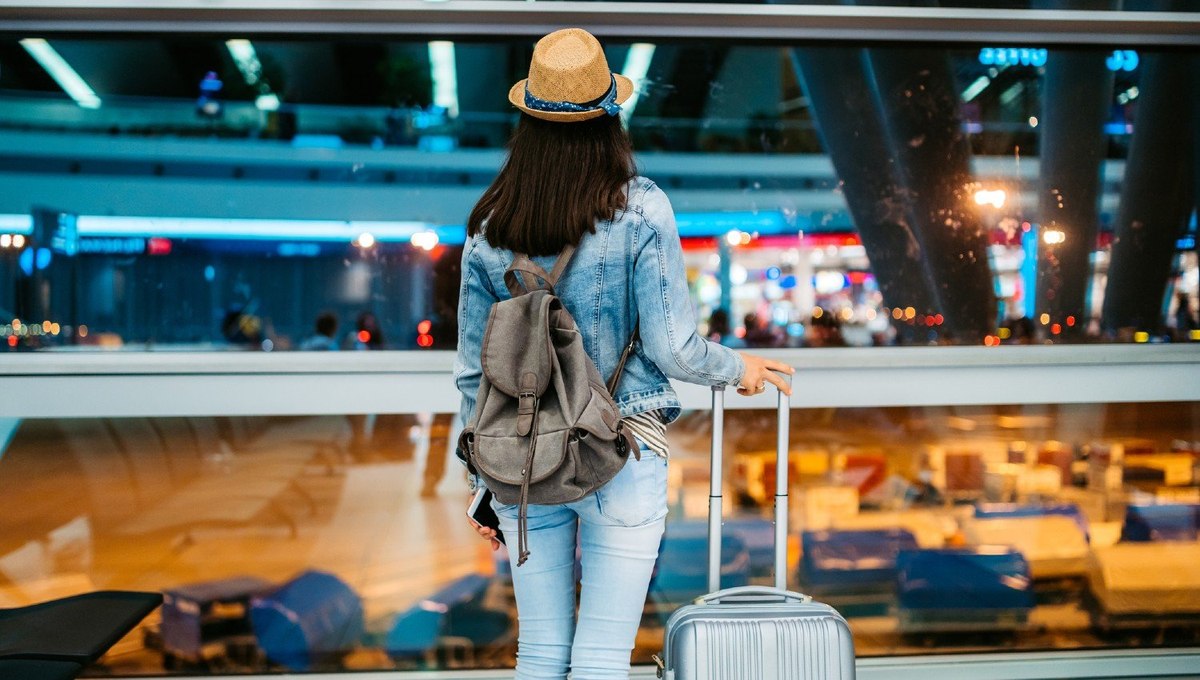
Wanderlust meets brand trust: Is sponsorship an effective way to engage with travelers?
In the dynamic world of marketing, sponsorships have become a ubiquitous tool for brands to enhance their visibility and connect with potential customers. From sporting events and concerts to social media influencers, sponsorships have seamlessly integrated themselves into our daily lives. But amidst this sea of brand endorsements, do travelers globally really take notice? And if so, what actions do they take, and what are their attitudes towards such sponsorships?
Data from YouGov Global Profiles highlights some interesting variations in the awareness of different types of sponsorships among international travelers - adults who have taken at least one international holiday in the last 12 months - across key international markets. (For this analysis, an international holiday refers to an overnight stay of at least one night, but NOT including any business trips or stays with family and/or friends.)
While some patterns emerge, such as the prominence of event sponsorships, TV sponsorships, and product placements, there are also noteworthy differences that reflect the market dynamics of each country.
Sponsorships at sporting events or music festivals appear to be the most popular and catch the attention of a significant proportion of travelers across all countries, with the UAE leading at 46%, followed closely by the USA (45%), Singapore (40%) and Great Britain (40%).
Product placements in films or TV shows seem to have the most sway in the UAE and Singapore with more than two out five international travelers (43%) saying they have noticed such sponsorships in the last six months.
More than twice as many consumers in the UAE, USA and Singapore say they notice the sponsors of user generated content than consumers in Denmark (38%, 37%, 36% and 16% respectively). A similar situation can be seen in the case of sponsored social media posts (Singapore, 35%; UAE, 34%; USA, 31%; Denmark, 15%).
As can be seen from the data, brand sponsorships tend to grab more attention in the UAE than in any other market. Only a twentieth of consumers who have taken an international holiday in this market (5%) say they are unlikely to notice any type of brand sponsorship compared to more than a quarter of respondents in Denmark (26%).
However, noticing brand sponsorships is just one piece of the puzzle. It is important to understand the actions these prospective car buyers take after noticing such sponsorships.
Given their high likelihood to not notice brand sponsorships at all, it is perhaps unsurprising that more than half of respondents in Denmark say they have not taken any action even after noticing such sponsorships (53%). Surprisingly, however, a large share of respondents in Britain (52%) and Singapore (30%) also say the same.
Simply visiting a website but making no purchases is the most common post-sponsorship action across all studied markets, albeit significantly more so in the USA (38%), the UAE (37%) and Singapore (31%) than in Britain (17%) and Denmark (11%).
About a quarter of international travelers in the UAE (26%) and the USA (23%) claim to have spoken to another person about a brand sponsor while slightly more than a third of them say they have visited a sponsor’s website and made a purchase (34% for both).
Respondents in the UAE (43%) are significantly likelier than all other markets to visit a sponsor’s social media profile.
A look at international travelers’ - adults who have taken at least one international holiday in the last 12 months - attitudes towards brand sponsorships also reveals some further nuances.
Though more than half of respondents say they rarely notice who sponsors an event (53%), an almost equal proportion are likely to take notice if brands sponsor the sporting events they watch (52%).
When asked about brands sponsoring specific sporting teams, more than half of international travelers globally say they love to see their favorite team have cool sponsors (54%). However, half of our respondents say they prefer brands that stick to sponsoring just one team (51%).
Almost three-fifths of respondents agree that sponsorships can help keep companies socially relevant (57%). Comparatively, half of adults who have taken an international holiday in the last year feel that sometimes it doesn’t make sense for brands to sponsor sports (50%).
Clearly, sponsorships can spell success for travel companies, but it can be imperative for them to exercise caution when selecting the right opportunities and channels for such sponsorships, especially in the case of sports teams and sporting events.
Explore our living data – for free
Discover more travel and tourism content here
Want to run your own research? Run a survey now
Try a subscription-free data snapshot of your brand performance, sector trends or audience profile, with a one-time deep dive into YouGov's flagship consumer intelligence and brand tracking products. Get your tailor-made snapshot here.
Make smarter business decisions with better intelligence. Understand exactly what your audience is thinking by leveraging our panel of 20 million+ members. Speak with us today.
Methodology: YouGov Global Profiles is a globally consistent audience dataset with 1000+ questions across 48 markets. The data is based on continuously collected data from adults aged 16+ years in China and 18+ years in other markets. The sample sizes for YouGov Global Profiles will fluctuate over time, however the minimum sample size is always c.1000. Data from each market uses a nationally representative sample apart from India and UAE, which use urban representative samples, and China, Egypt, Hong Kong, Indonesia, Malaysia, Morocco, Philippines, South Africa, Taiwan, Thailand and Vietnam, which use online representative samples. Learn more about Global Profiles.